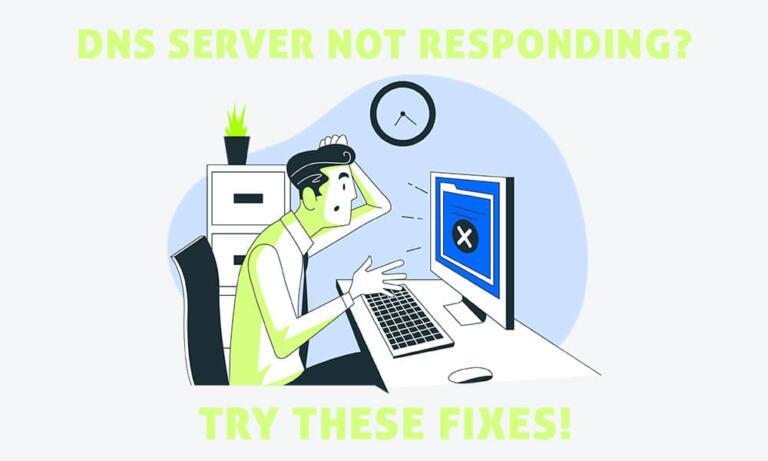In recent years, there have been an increasing number of cyberattacks, and small firms have emerged as the new target for these criminals. The truth is that cyber dangers can affect businesses of all sizes, despite the misconception held by many small business owners that cyber-attacks primarily affect major firms.
VDRs and permanent data-sharing platforms have emerged as useful solutions for organizations to boost the speed and efficiency of operations in light of the growing demand for seamless information-sharing and collaboration in various industries.
What is a virtual data room? These secured online storage spaces allow for the secure transmission of private data during crucial everyday company operations like fundraising and mergers and acquisitions.
Why Data Security Should Form the Core of Any Organization’s Data Strategy
Even if the majority of corporate executives recognize the value of digital data room, they still need to be fully cognizant of the potential consequences of a security breach for their company.
Businesses of all sizes should be concerned about cybersecurity, but small businesses are particularly at risk because of their lack of resources and technical know-how. Small businesses nowadays confront a wide range of cybersecurity difficulties that could imperil their operations and compromise critical data. It’s critical to be informed about these difficulties and take action to solve them.
How Do VDRs and Stores Secure Your Data?
A secure online repository used for document storage and dissemination is known as a digital data room (often abbreviated as VDR and occasionally referred to as a “deal room” in the context of mergers and acquisitions).
Data encryption is a key component of online data room software security since it keeps information out of the hands of unauthorized users and prevents them from accessing it. Strong encryption techniques, like AES-256, are frequently used to protect data while it is in transit and at rest.
The type of certifications due diligence virtual data room/Data Store service has is one of the best indicators of its security.
Essential Data Security Challenges in Business
Here are the essential data security challenges that small businesses may face:
- Data leaders may not have visibility into the data footprint of their organizations.
Operational teams may require very diverse types of data. They are frequently prompted by this to seek out and employ quite sophisticated technologies to handle their data. Deeply ingrained information silos are created as a result.
Critical business information is dispersed across various departments and is rarely shared or reported in full. This compartmentalization makes it impossible for business and data leaders to get a comprehensive understanding of the data practices used by their company or even to calculate the extent of their data footprint.
- Growing regulatory focus on data security leads to changing compliance requirements
Users who depend on ongoing access to commercial services to sustain uptime inside their businesses or to finish personal tasks may find breaches to be highly disruptive.
Increasing regulatory monitoring of data operations worldwide is a result of the demand for secure data across enterprises and industries. In a regulatory climate that is constantly changing and expanding, businesses may need help to maintain compliance.
- A larger data footprint gives malicious actors a larger attack surface.
Cybercriminals have developed to exploit the vastly increased attack surface this new business reality affords, much as organizations have drastically changed to better incorporate data operations into daily activities.
Employees frequently connect to unsecure networks, use the same passwords on both personal and work-related devices, and inadvertently expose bad actors’ attack vectors.
- High turnover rates and hybrid work arrangements across industries necessitate effective access management by data teams
Company departments may occasionally place extremely sensitive company information in the same locations as documents that need to be accessed by employees to carry out their daily duties in order to maximize efficiency and lower data storage and management costs.
Data teams now have more work to do because each team member must have their own privacy settings and access permissions set up. Modern firms should consider creating distinct privacy rules for data with varied levels of sensitivity as employees continue to explore diverse work options and arrangements in order to lessen their dependency on resource-intensive manual data privacy processes.
- Instead of adopting a proactive strategy for data security, businesses prefer to adopt a reactive one
Despite a company’s best efforts, security flaws can go undetected and lead to problems with data security or quality. Businesses that need to take the initiative to identify and resolve these issues risk having to spend more money and use more resources to handle issues that may have been avoided altogether. Reactive data security ignores potential harm from security breaches in favor of crisis-driven damage management once it’s already too late.
Conclusion
Manually managing data operations can be quite time and resource-consuming. But for ensuring data security, quality, and integrity, data management with data room solutions is crucial. To ease the load on overworked data teams, modern data management systems enable data teams to automate repetitive but essential processes.
Businesses must become more engaged and aggressive in data management in order to address each of these issues and find appropriate solutions. A complete organizational data observability technology that enables business and data leaders to constantly monitor and assess the condition of their most crucial data can help close this gap.








